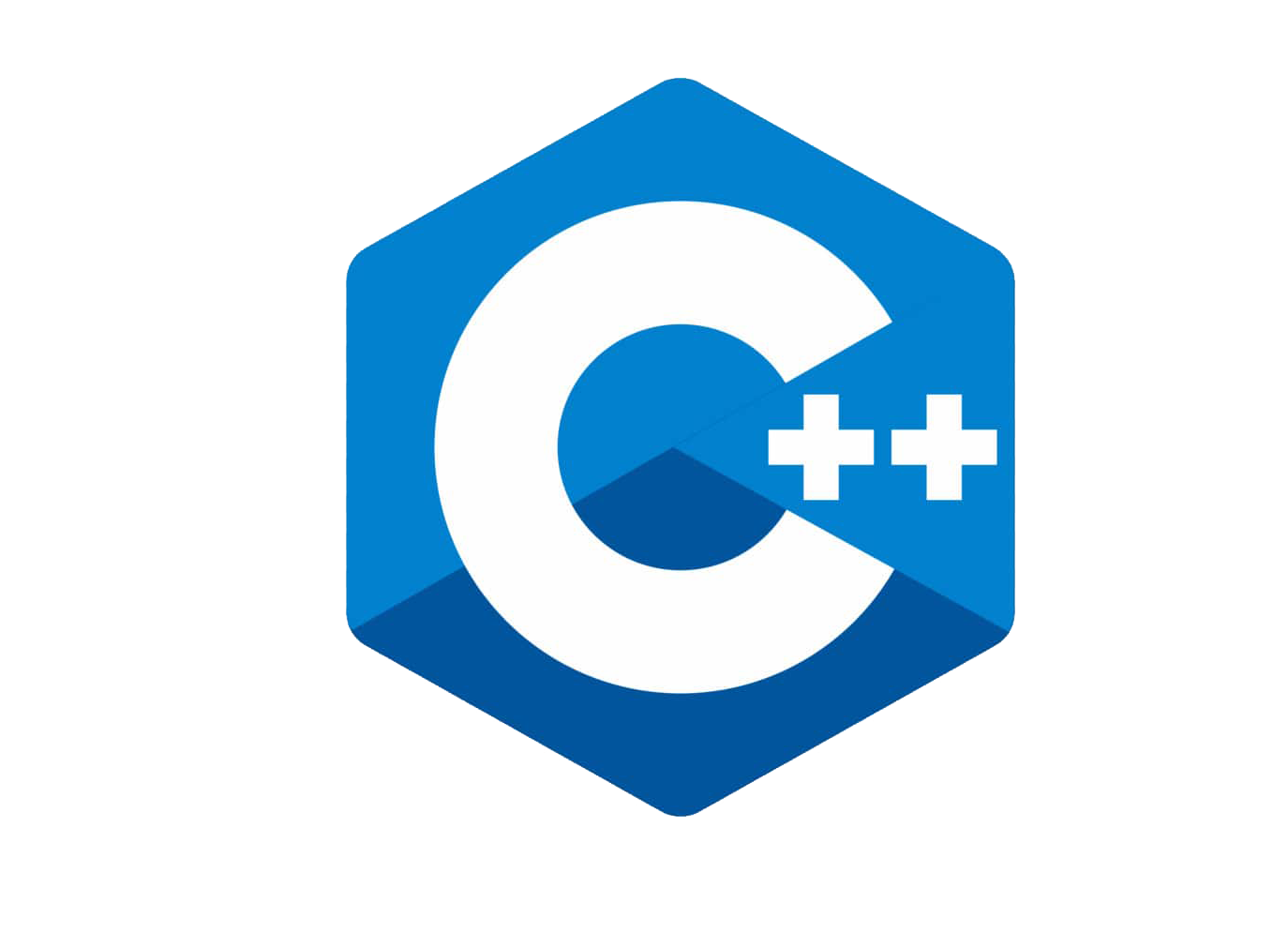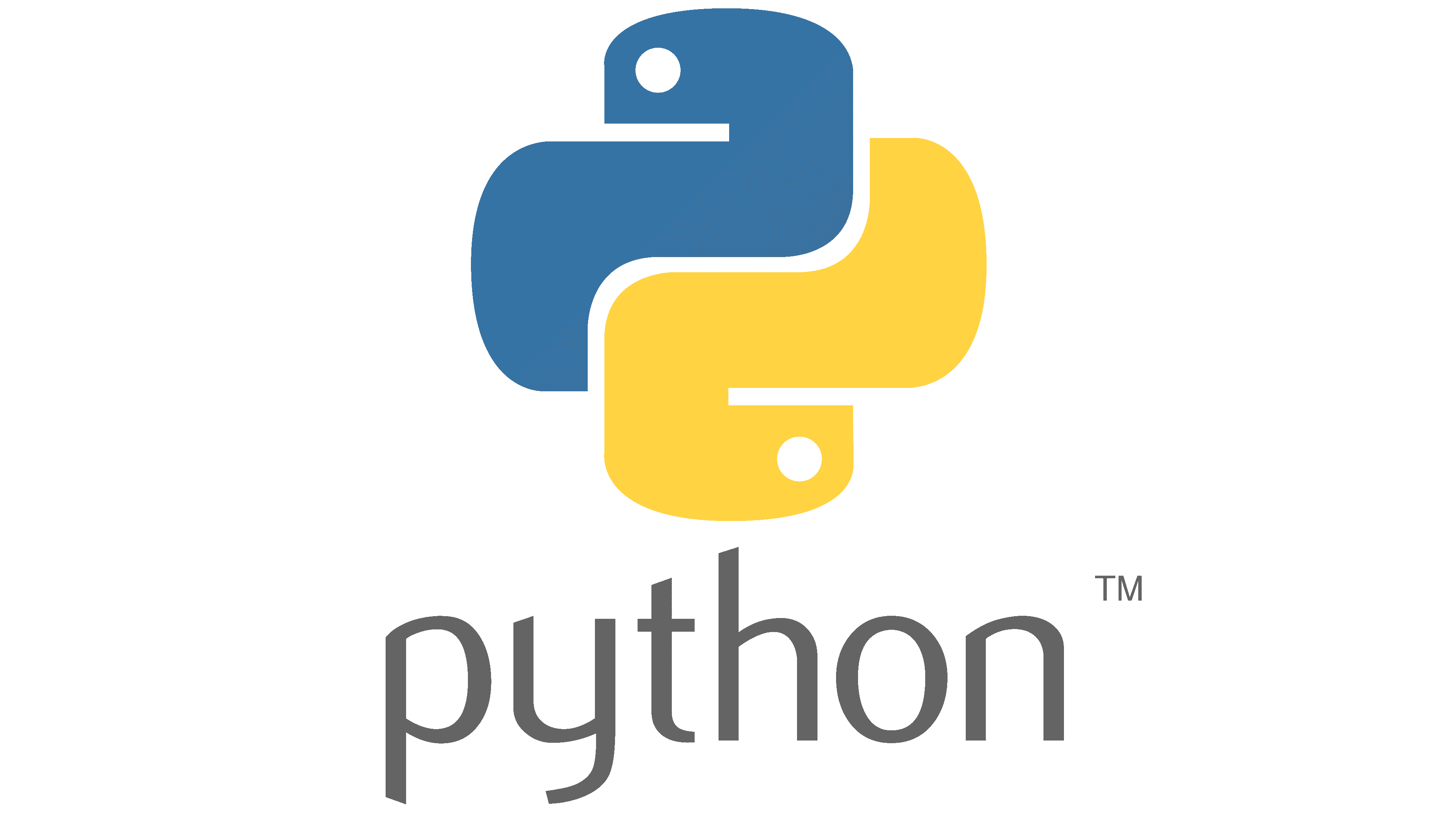What is C Programming?
C is a high-level programming language that was originally developed in the 1970s. It is a
general-purpose language that is widely used for system programming, embedded systems, and
scientific computing, among other applications.
C is a compiled language, which means that code must be compiled into machine code before it can
be run. This makes it faster and more efficient than interpreted languages, but also makes it
more difficult to write and debug.
One of the key features of C is its support for low-level memory manipulation. C provides direct
access to memory addresses and allows programmers to allocate and deallocate memory as needed.
This makes it well-suited for system programming tasks such as device drivers and operating
systems.
C is also known for its efficiency and performance. Because it is a compiled language, C code
can be optimized for speed and efficiency, making it a popular choice for resource-intensive
applications such as games and scientific simulations.
Despite its power and flexibility, C can be difficult to learn and use effectively. Its
low-level nature and lack of built-in data structures and libraries can make it challenging for
beginners. However, with practice and experience, it remains one of the most widely used and
respected programming languages in use today.



